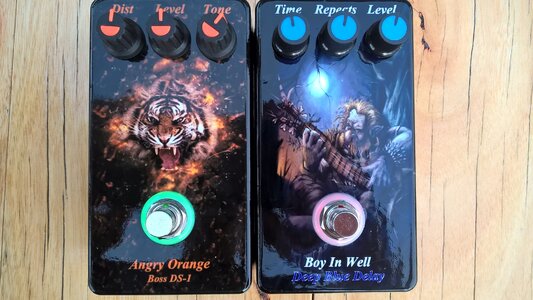I see your point but you could also make the argument that if you can't hear and feel the compression, do you even need it?I definitely strongly prefer compressors with good metering. I like to see the gain reduction that’s occurring as I adjust the settings (particularly the threshold and ratio) and especially when using parallel compression. I think sometimes people just plug into compressors without a good sense of what they are actually doing to their signal and end up effectively using them as gain stages or tone shaping boxes (and subsequently judging those compressors based on how well they do in those areas).
A meter helps if you're shooting for a certain amount of gain reduction or to check when you create spikes and adjust your technique. Like a learning tool.
When I learned the basics of mixing audio, a meter was useful but ultimately I realized I had a hard time understanding and hearing what attack, release and knee were doing despite the visual aid.
Once I started using a dyna comp knockoff on my guitar, which only has compression and gain knobs and no meter, it became obvious was compression was doing to my dynamics and tone.
